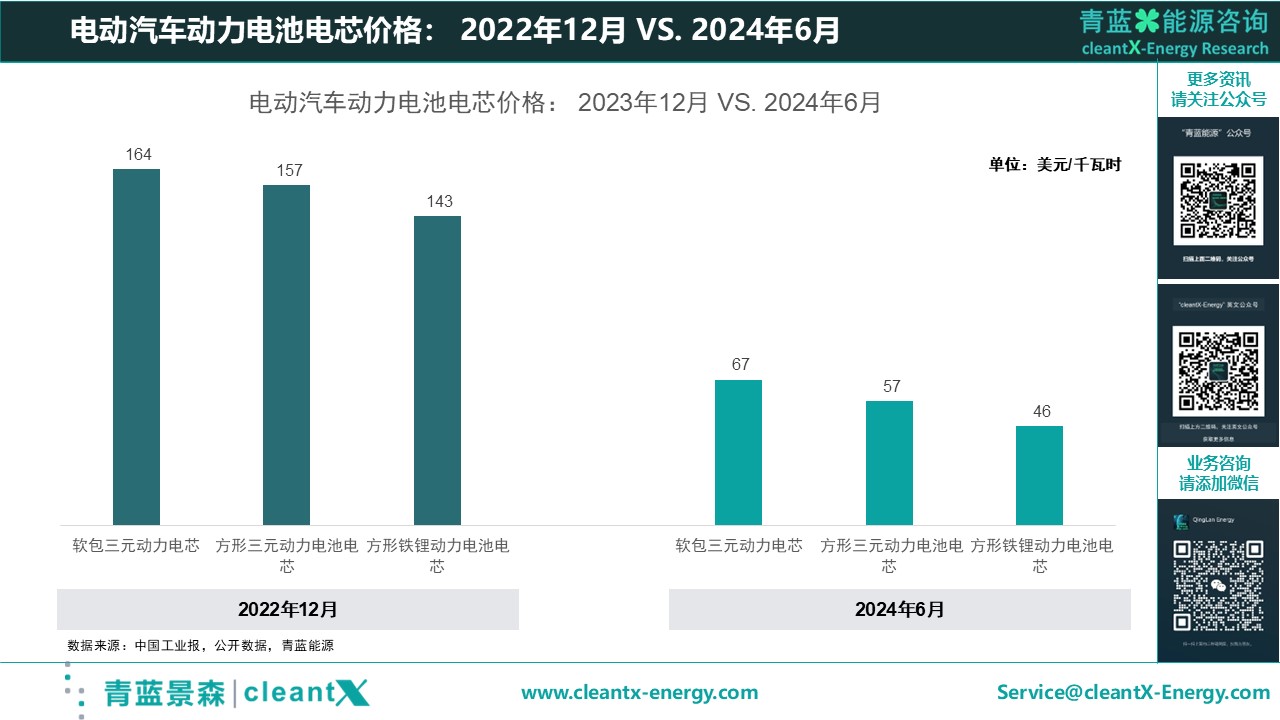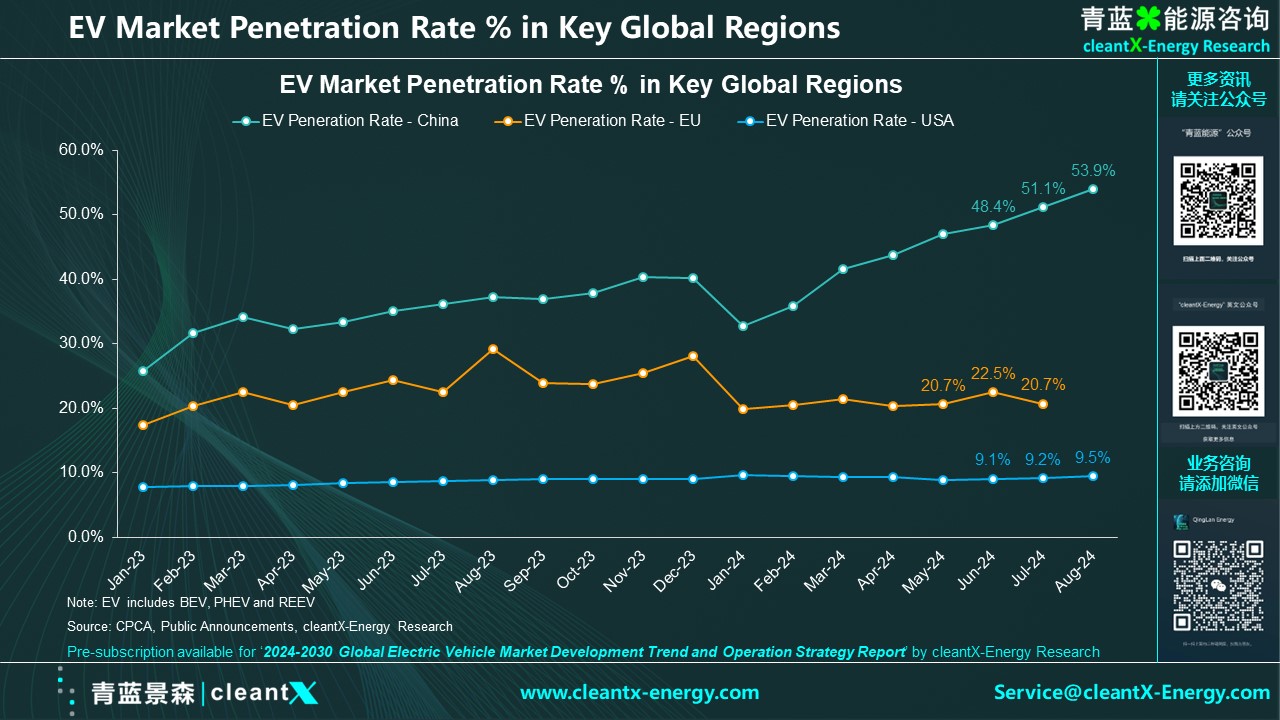The National Copper Corporation of Chile, "Codelco" (The National Copper Corporation), and the world's second-largest lithium producer "SQM" (Sociedad Quimica y Minera de Chile S.A.) (NYSE: SQM; Santiago Stock Exchange: SQM-B, SQM-A) reached a key cooperation agreement on Friday, May 31st, local time.

According to announcements from SQM and Codelco, a new joint venture, Corfo (Chilean Production Development Corporation), will be established by merging Minera Tarar SpA, a subsidiary of Codelco, with SQM Salar S.A., a subsidiary of SQM, to develop lithium resources in the Salar de Atacama.
The Salar de Atacama is one of the regions with the highest exploitable lithium value in the world and is also the largest lithium salt flat area in Chile. This joint venture will enable SQM to increase its lithium production in the Salar de Atacama to 300,000 tons per year by 2060.
Codelco will obtain controlling rights (51%) of the joint venture. According to information from the Chilean Investment Board, until 2031, both parties will appoint an equal number of managers, with SQM leading business operations, but Codelco has veto power; in the second phase, from then until 2060, Codelco will hold a majority of the seats. In addition, SQM's other lithium asset, the Maricunga Salt Flat, the second-largest lithium salt flat in Chile, will also be handed over to Codelco for development and operation with "other partners" to strengthen Codelco's leading position in the development of Maricunga lithium resources, as stated by Chile's Economy Minister Nicolás Grau. Chile's Finance Minister Mario Marcel also said in an interview in New York last Thursday that the joint venture will proceed as planned .
The cooperation term is from 2025 to 2060, and until 2031, Codelco will be the main supervisor of the lithium business between the two parties. "This means that the Chilean state-owned copper giant will act on behalf of the Chilean government to enter the lithium industry. The joint venture will reshape the lithium industry of this Andean country and make Chile play a leading role in the development of battery lithium metal," according to Reuters .
Maximo Pacheco, Chairman of Codelco, said in a statement: "Just as we have contributed to making Chile the world's leading copper-producing country, we will now also contribute to making Chile a leading lithium-producing country. Lithium is another mineral that is vital for energy transition."
Chile is the world's second-largest lithium producer after Australia, and its current lithium production mainly comes from SQM and Albemarle from the United States.
Before Codelco and SQM signed this agreement, the two companies went through several months of complex negotiations, encountering protests from indigenous communities and questioning from SQM's major shareholder Tianqi Lithium about the "lack of transparency."
According to the plan, the cooperation between the two parties starting in 2025 will be subject to the supervision of Chilean financial regulatory authorities and will no longer be controlled by Tianqi Lithium. Tianqi Lithium acquired about 20% of SQM's shares for $4 billion in 2018 and is the second-largest shareholder of SQM. The management of Tianqi Lithium once asked shareholders to vote on whether to establish the joint venture, while SQM believes that only the board of directors' vote is needed .
According to Ricardo Ramos, CEO of SQM, and a statement from Codelco, "SQM's cooperation with Codelco is of positive significance," and by 2031, 85% of operating profits will go to the Chilean state treasury .
However, according to SQM's announcement, the final effectiveness of this transaction "still requires approval from Chilean and foreign authorities, and consultations with local indigenous communities of the Atacama salt flat." If the above conditions are met, the cooperation agreement between Codelco and SQM will take effect on January 1, 2025. However, it did not specify which "foreign authorities" need to approve .
Goldman Sachs warned last Friday that investors should pay attention to whether Tianqi Chemical will seek legal action to prevent the cooperation agreement .
This series of actions by SQM and Codelco stems from Chile's proposal to nationalize lithium resources in April 2023. Chilean President Gabriel Boric announced a new national lithium strategy on April 20, 2023. According to this Chilean national lithium strategy, Codelco was designated to lead negotiations with SQM to find ways for SQM to continue its business in the Salar de Atacama before the expiration of the lease agreement in 2030, and to exchange for the extension of SQM's lithium mining and production contract in the Salar de Atacama through the cooperation transaction .
SQM and Codelco first proposed the framework of their cooperation transaction on December 27, 2023, requiring Codelco to supervise the overall management of the cooperation business in 2031. At that time, the two parties signed a non-binding memorandum of understanding, which included a framework agreement for the establishment of a joint venture between the two parties. Through this framework agreement, SQM's subsidiary SQM Salar can continue to mine mineral resources in the Salar de Atacama until 2060; Corfo granted the right to mine in the Salar de Atacama from 2031 to 2060 to Codelco's subsidiary Minera Tarar, and this fund will be used to establish a joint venture. If the two parties cannot reach a final agreement on the proposed joint venture, the Chilean government or SQM may allow the lease to expire according to the terms in 2030 .
Other terms of the agreement between the two parties also include: directors not serving on the boards of both companies for more than 10 years; allowing SQM to increase its lithium carbonate equivalent (LCE) production by one-third from the current basis to 300,000 tons during 2025-2030, with the goal of increasing the annual lithium production to 280,000 to 300,000 tons by 2060. In addition, the two parties also stated that they will increase lithium production through technological innovation and improved application, without extracting more brine or consuming more local water resources .
The cooperation between SQM and Codelco is expected to have a profound impact on shareholders and the industry. Tianqi Lithium, as a significant shareholder of SQM, had purchased 23.77% of SQM's shares for $4.066 billion in 2018, becoming its second-largest shareholder. As of now, Tianqi Lithium still holds about 22.16% of SQM's shares. SQM is a crucial producer of potash and lithium products globally, and its operation of the Salar de Atacama is the project with the highest lithium brine production globally in 2023, accounting for 44% of the global brine supply .
The agreement between SQM and Codelco is subject to several conditions precedent, such as obtaining approvals from antitrust authorities in Chile and abroad, completing consultation procedures with indigenous communities, and the non-acceptance by the Chilean Financial Market Commission (CMF) of the request made by Tianqi Chile, a wholly-owned subsidiary of Tianqi Lithium, for the transaction to be approved by a two-thirds majority vote at the SQM shareholders' meeting .
Tianqi Lithium has expressed concerns over the transaction and has taken steps to ensure its interests as a shareholder are protected. The company has engaged legal experts in Chile to evaluate the compliance of the procedures related to the establishment of the joint venture and has actively sought for SQM to convene a shareholders' meeting to discuss the "Framework Agreement" .
The future of the world's largest lithium brine project seems to be determined with the establishment of a public-private partnership between SQM and Codelco, which is expected to extend SQM's operations at the Salar de Atacama until 2060 and create a new model for lithium mining development in Chile.






